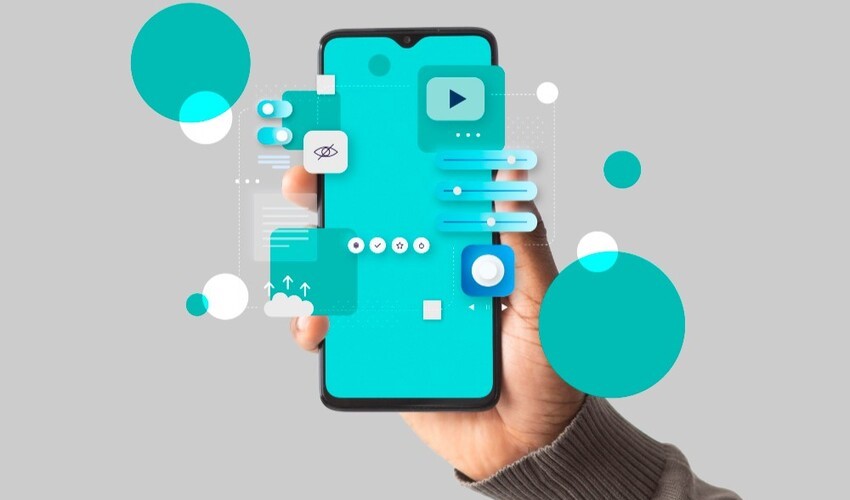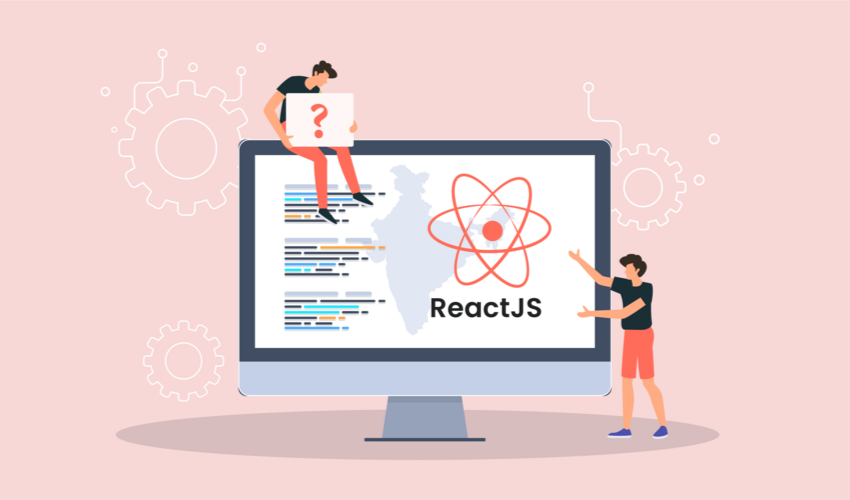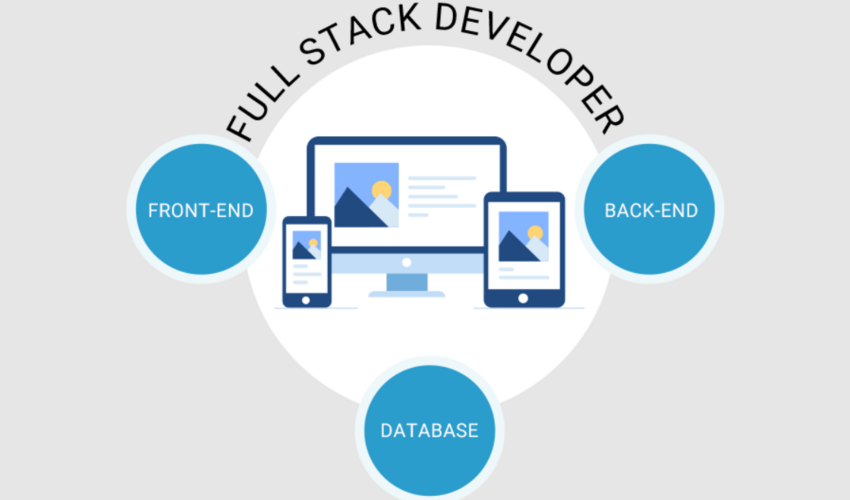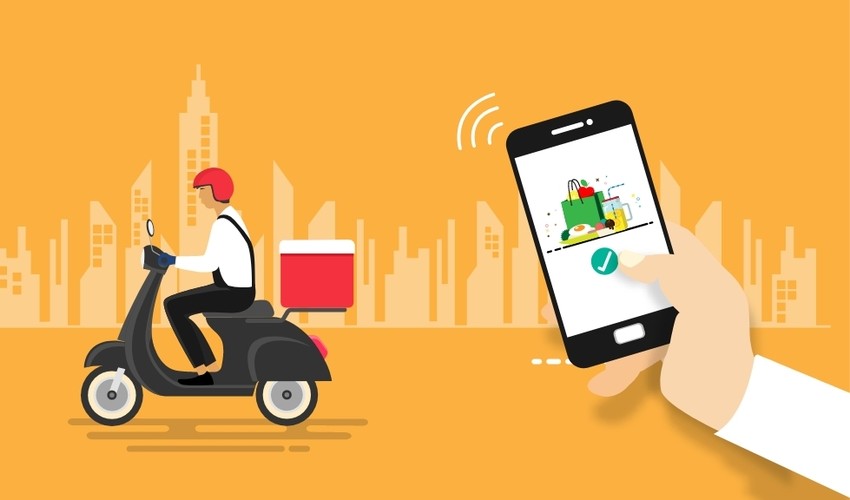Hire Developers | A Guide to Hiring Mobile App Developers in 2024

In today’s competitive market, mobile app development is essential for businesses aiming to reach users on the go. Whether you're developing for iOS, Android, or using a cross-platform approach, hiring the right developer is crucial for ensuring the success of your app. This guide provides insights into hiring developers for different platforms, focusing on expertise, technologies, and cost considerations.
iOS Developer
An iOS developer specializes in building applications for Apple’s ecosystem—primarily iPhone, iPad, and Apple Watch. iOS apps are known for their seamless user experience, tight integration with Apple's hardware, and high security standards. When hiring iOS developers, look for expertise in Swift and Objective-C, as these are the primary programming languages. Furthermore, they should be adept at using Xcode, Apple’s development environment.
Hiring an iOS developer is ideal if you need:
- A smooth user experience optimized for iOS devices.
- Access to Apple-specific functionalities such as FaceID, Apple Pay, and Siri.
- High-level security features to safeguard user data.
Xamarin Developer
Xamarin developers use Microsoft's open-source platform to create cross-platform apps with a single codebase. Xamarin is highly popular for businesses looking to deploy apps across both iOS and Android with near-native performance. Developers work with C# and .NET, allowing for shared logic while maintaining platform-specific capabilities through Xamarin.iOS and Xamarin.Android.
Hiring a Xamarin developer works well for:
- Companies needing both iOS and Android apps but want to reduce development time and cost.
- Apps that require native performance and UI elements with shared business logic.
- Businesses already invested in the Microsoft ecosystem.
Android Developer
An Android developer specializes in building applications for the Android operating system, which powers devices from multiple manufacturers. Android is a popular choice due to its vast user base and customization options. When hiring an Android developer, ensure they are proficient in Kotlin and Java, the primary programming languages for Android development. Familiarity with Android Studio and the latest libraries such as Jetpack Compose will also be a significant asset.
Hiring an Android developer is beneficial if:
- You aim to reach a large and diverse audience across various Android devices.
- Your app needs to integrate with custom hardware or require deep OS-level customization.
- You want flexibility in design and app features.
Flutter Developer
Flutter, Google’s UI toolkit, allows developers to create natively compiled applications for mobile, web, and desktop from a single codebase. Flutter developers use Dart programming language, which provides fast performance and beautiful designs. The Hot Reload feature speeds up the development process, allowing for quick iterations.
Hiring a Flutter developer is ideal for:
- Projects that need to be deployed quickly on multiple platforms.
- Apps requiring high-performance animations or a consistent look across platforms.
- Companies that want to build applications for mobile, web, and desktop using a unified development approach.
React Native Developer
React Native, a popular framework by Facebook, enables developers to build cross-platform mobile apps using JavaScript. React Native developers can create apps that feel like native apps while maintaining a single codebase for iOS and Android. This is a cost-effective solution without compromising much on performance.
Hiring a React Native developer is best when:
- You need a cost-effective way to develop for both iOS and Android.
- You want to leverage existing web development skills, as React Native uses JavaScript.
- Your app has simpler UI requirements but needs to perform well across platforms.
Conclusion
Choosing the right developer depends on your specific needs. For platform-specific, high-performance apps, hiring dedicated iOS or Android developers is the way to go. If you want to save time and budget, cross-platform solutions like Flutter, Xamarin, or React Native offer significant advantages. Understanding the strengths of each technology will guide you toward making the best decision for your mobile app project.
Latest Trending
Categories
- Airbnb
- Airbnb clone
- Airbnb clone script
- Multi Vendor Marketplace Script
- Buy Sell Marketplace
- Vacation Rental Website
- Online Food Ordering and Delivery Clones
- Multi-Vendor E-Commerce Script
- Online Rental Script
- Fancy Clone
- Car Rental ScriptSoftware Development
- Car Rental Script
Never Miss Another Post!
Get updates & Valuable tips straight into your inbox once a week.




